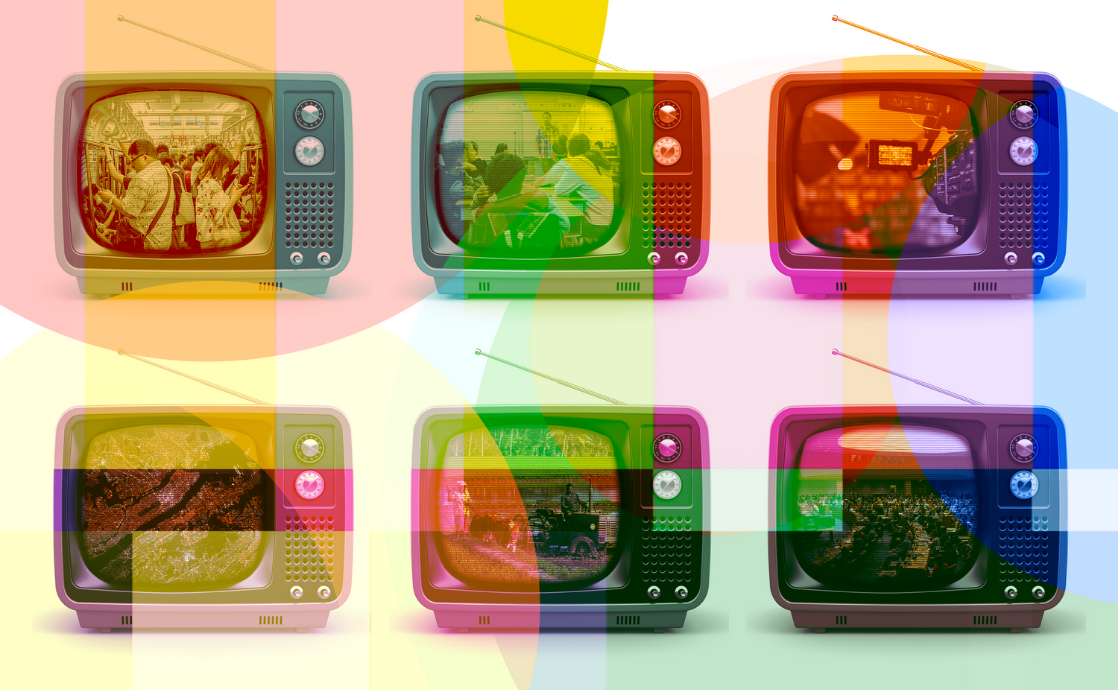In the contemporary milieu characterized by rapid technological advancement and pervasive social media engagement, the intersection of media and human dignity has never been more pronounced. The Bahá’í Teachings serve as a philosophical compass, guiding individuals toward a constructive understanding of this relationship. These teachings advocate for the recognition of human dignity as an inviolable principle, deeply embedded in the ethos of humanity. As such, this examination will delve into various aspects concerning media’s role through the lens of human dignity, elucidating distinct types of content that readers may anticipate.
Firstly, it is imperative to explore the fundamental tenets of human dignity as articulated in Bahá’í teachings. Human dignity is regarded as intrinsic to every individual, transcending social, economic, and cultural barriers. This doctrine posits that every human being, regardless of their background or station in life, deserves respect and recognition. In this context, one can analyze the responsibility of media platforms in embodying and disseminating narratives that uphold the dignity of all individuals. Content oriented around these themes may include articles highlighting critical occurrences of injustice and inequality, emphasizing the need for a media landscape that champions solidarity and collective consciousness.
Moreover, exploring the finest points of media’s educational potential unveils another layer. Bahá’í teachings exalt education as a pivotal vehicle for the advancement of humanity. Thus, media outlets are tasked with the noble responsibility of providing enlightening content that cultivates a deeper comprehension of social justice, equity, and human rights. Readers can expect documentaries, journalistic investigations, and editorial pieces that explore underrepresented communities and their struggles, thereby fostering empathy and awareness. Such content is essential not merely for informing the public but for inspiring actionable change, propelling society toward a more equitable future.
Next, consider the critical discourse surrounding ethical journalism. Ethical standards in journalism are now more essential than ever, given the potential impact of misinformation and sensationalism. The Bahá’í perspective emphasizes truthfulness as a foundational principle in all human interactions. In this light, media professionals are encouraged to embrace ethical practices that respect human dignity by sharing truthful and balanced narratives. Content analyzing case studies of ethical breaches, along with practical guidelines for integrity in reporting, could be invaluable for aspiring journalists and media consumers alike.
The examination of social media provides another dimension worth discussing. In the current age, social media serves as a powerful conduit for information dissemination. However, it also harbors challenges, including the proliferation of misinformation and the potential for harm to individuals’ reputations. Bahá’í teachings empower individuals to engage with social media responsibly, encouraging them to cultivate a discerning approach toward the content consumed and shared. Readers may find insightful analyses about the impact of social media campaigns designed to elevate marginalized voices, urging a collective re-evaluation of online behavior that promotes human dignity.
In addition to the examination of ethical engagement with media, one cannot overlook the transformative role of art as a medium for expressing human dignity. The Bahá’í tradition places a significant emphasis on the power of the arts to inspire and uplift the human spirit. Readers can anticipate explorations of artistic expressions—be they visual art, literature, or performing arts—that poignantly capture the essence of human dignity. Reviews of exhibitions, profiles of artists, and interpretative critiques of artistic works that advocate for human rights create a rich tapestry of content, underscoring the integral role of creativity in social transformation.
Furthermore, a critical perspective on the influence of corporate interests reveals how they can often subvert the propagation of human dignity through media. Readers can engage with discussions that scrutinize the intersection of media ownership and ethical responsibility. Examining the motivations behind content creation and distribution, and evaluating how commercial interests might distort narratives of dignity can illuminate the complexities surrounding media consumption. This analysis may manifest in articles, exposés, or think pieces that contest dominant paradigms and advocate for a more human-centric approach, beyond profit-driven motives.
Additionally, the intersection between media and mental health is an increasingly salient topic. The Bahá’í teachings emphasize the importance of a holistic approach to well-being, incorporating both physical and mental health. Readers can expect in-depth explorations of how media portrayal affects individuals’ self-perceptions and mental wellness. Content may include studies examining the ramifications of media representation on societal ideals of beauty and success, as well as features on campaigns that promote mental health awareness, helping to foster a community that prioritizes compassionate understanding and support.
Ultimately, as readers engage with content on the relationship between Bahá’í teachings, human dignity, and media, a sense of empowerment emerges. By cultivating a critical awareness of the media’s role in societal discourse, individuals can better navigate the complexities of contemporary life while championing the inherent worth of every person. The plethora of content formats—ranging from investigative journalism to artistic explorations—serves to illuminate the myriad ways media can be harnessed for good, promoting greater understanding, respect, and harmony within society. In this transformative journey, the values espoused by Bahá’í teachings remain a crucial beacon, urging all to uphold the dignity of every human being, fostering a world characterized by justice and unity.
